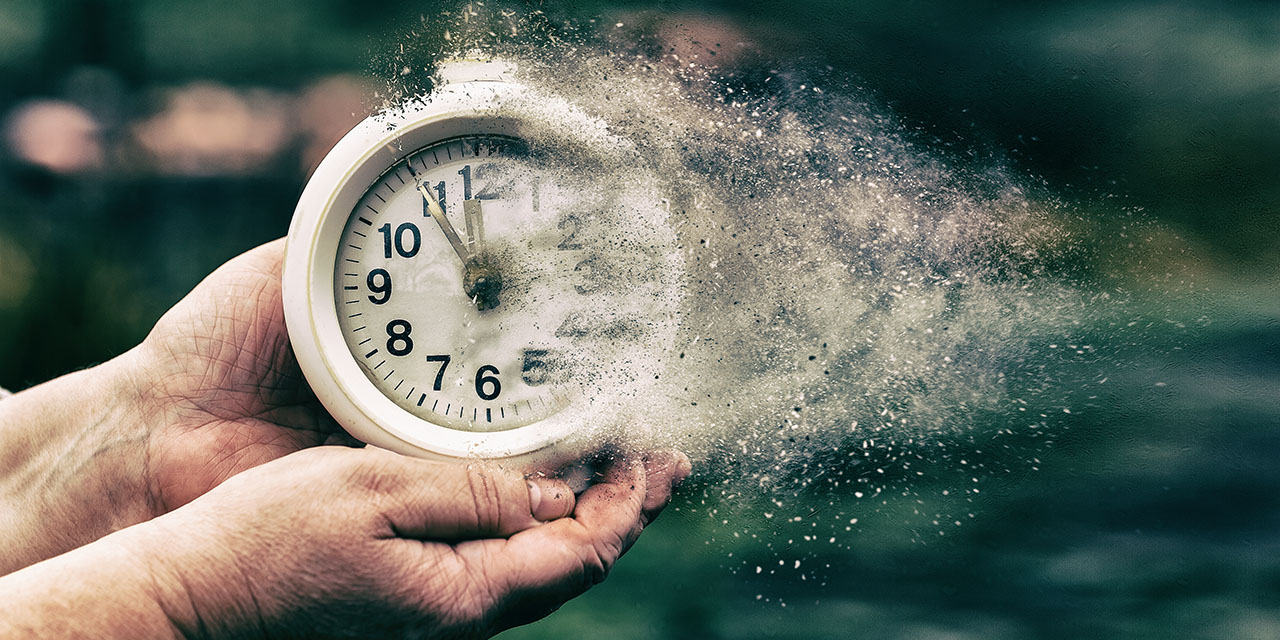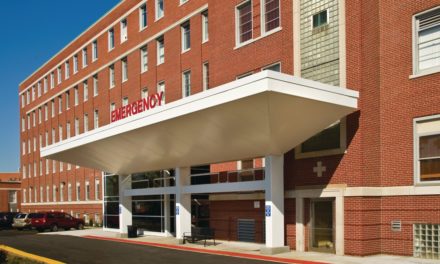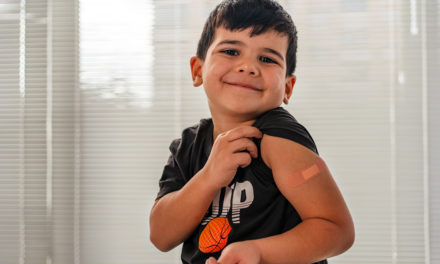If you suspect yourself or someone nearby to be having a stroke, call 911 immediately.
How can you tell if someone may be having a stroke? The FAST acronym was created by the National Stroke Association to help patients identify some common warning signs that someone is suffering from a stroke and is in need of emergency care.
At Catholic Health, the teams of physicians and specialists in our stroke centers have taken it one step further.
We are talking here about acute onset, like the sudden onset of confusion in a person who has been good all along. So there are other signs that could be really nonspecific which could mean a possible stroke. Examples people may experience would be sudden dizziness, suddenly they fall, suddenly they have a change in their behavior…
We’re adopting the new mnemonic to help identify stroke: BE FAST. This algorithm improves stroke education by including symptoms that often go overlooked during a stroke.
If you suspect you or someone nearby may be having a stroke, BE FAST about it:
Balance: Does it almost seem like the person is experiencing a loss of coordination or unable to sit/stand upright, while maintaining balance?
Eyes: Are they complaining about any eye problems that have to do with changes in vision – seeing double, blurriness in one eye?
Face: Ask the person to smile. Is one side of the face drooping or having difficulty moving?
Arm: Can the person raise both of their arms, or does one arm drift downward?
Speech: Is the person able to clearly express their thoughts? Do you notice slurred speech or trouble forming words?
Time: The saying is, time is brain. If you notice any of the above symptoms, or any other common signs of stroke, call 911 immediately.
Some additional stroke symptoms that should be reported are the sudden onset of a headache that feels like “the worst it’s ever been,” dizziness, and numbness or weakness specific to one side of the body.
Find Stroke Support Services Near You
Call (716) 706-2112
Find Stroke Support Services Near You
Call (716) 706-2112





